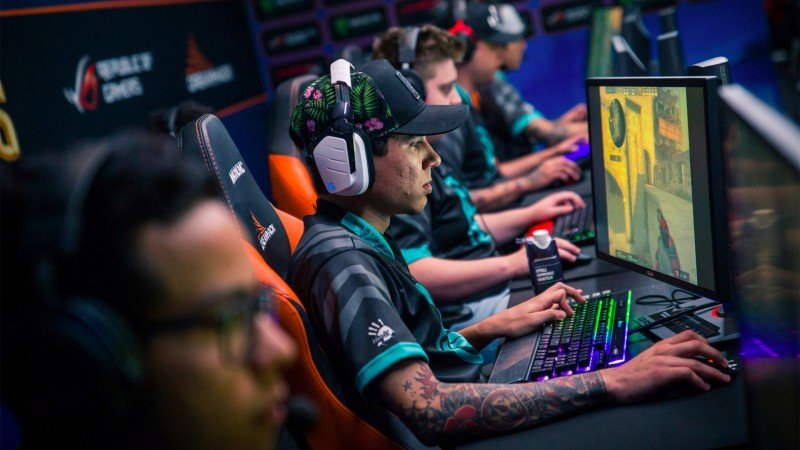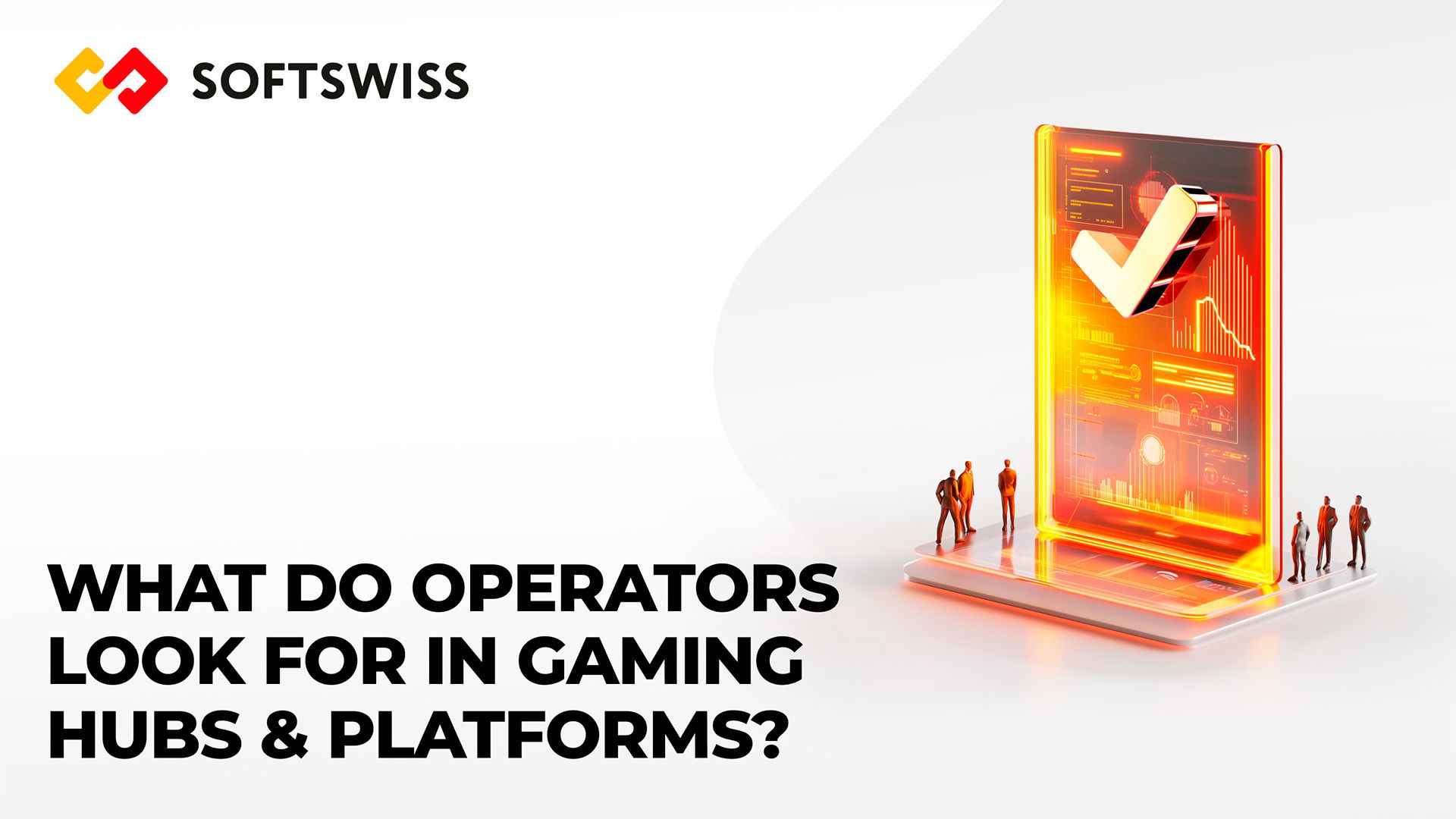Skin gambling: How to protect operators and clients

Ron Mendelson is the Director of Costa-Rica based International Business & Corporate Services consultancy firm, Fast Offshore. With over 24 years of real-world experience in iGaming Licensing and Payments, Regulatory Compliance, Tax-Efficient Corporate Structuring, Incubator and other Hedge Fund Licenses, Blockchain and Cryptocurrency related services, he advises a number of international clients on their business needs in the Americas, Europe, and beyond.
At the end of April, streamer James Varga successfully won a lawsuit against Twitch, who closed his account in 2016. He sued them for damages and loss of earnings generated from his 1.3 million followers and 16,000 subscribers.
At the time, he was revealed to be the owner of a skin gambling site called CS:GOShuffle, which he promoted to followers through live betting on his Twitch live stream. Twitch accused him of violating their terms and conditions, Varga sued for breach of contract.
A catalyst for the dispute is the legal vacuum that skin betting exists in. While the lawsuit hasn’t clarified matters, it shows the need for operators to take proactive action to protect themselves and their customers.
What are skin gambling and skin trading?
In the video gaming world, a “skin” is a virtual item that exists within the game. It could be a gun, ammunition, a knife, shield, or items of clothing. These items have become synonymous with prestige in the gaming world, and as such, have amassed value.
Skin trading is incredibly popular. As of 2017, the trading of virtual items was worth some $50 billion on its own. Due to the increased popularity of eSports, this number has likely risen significantly. Skins can range from a few hundreds of dollars to over $300,000.
Game players will seek to exchange skins with other players, hoping to acquire sought-after items or grow their collection. They can also combine multiple skins into one trade, to “trade up” and receive a rarer or more expensive skin in return.
Initially, skins were designed to be traded, but their popularity and value have made them fair game for gambling.
In skin gambling, players use the skins as a digital currency to bet on the outcome of games or tournaments. Skin gambling is typically associated with the popular eSports game Counter-Strike: Global Offensive, but it’s becoming more known in other gaming communities.
As the value of skins increased, along with their value amongst players, trading websites started allowing gambling. A player could bet on the outcome of a tournament or a player’s performance, using the skin as the wager.
The problem is that skin gambling has led to concerns over ethics and legality. It’s something of a grey area because the skin is not considered a currency, despite it having a fiat value.
Pitfalls of skin gambling
The legality of skin gambling is difficult to pinpoint because it’s not technically a currency. Jurisdictions such as the Isle of Man, the UK, Denmark, and the Netherlands have taken stands on the issue. Some have said it’s not legal, while others have stated a license or permission from the local gambling authority is required.
Why are regulators concerned about skin gambling?
- Skin gambling seems to attract underage gamblers. This, because many teenagers enjoy video games. Additionally, they don’t need to make deposits with a credit or debit card. They can acquire skins through gameplay, trade-up, and then bet using those skins.
- Some skin-gambling sites have attracted nefarious actors and hackers. These individuals use malware to steal skins and any other forms of currency on the site.
- Skin gambling can increase the risk of money laundering. Licensed gambling sites conduct due diligence on clients, as well as monitor transactions. Skin gambling sites aren't keen on conducting these checks, which translates into a higher risk of illicit funds being used in the platform. This places liability on the platform operator and facilitates criminal activity, including drug trafficking and terrorism funding.
- Skin gambling also makes it harder to stay on top of problem gambling. With no monitoring in place, gamblers can get addicted or spiral into problematic behaviour.
- There are also concerns around fraudulent platforms, scammers, and dishonest individuals who may seek to steal from or defraud those wishing to gamble with skins.
Compliance for skin traders and skin gambling sites
While skin gambling may be a legal grey area in some jurisdictions, if you want to offer this service, getting a license is a necessity. By getting an online gambling license, you offer protection to your customers, as well as your business. You can implement proper due diligence and KYC checks, protect players from problem gambling, and avoid any lawsuits or criminal action.
As many jurisdictions are currently reassessing their approach to skin gambling, getting a gambling license is a smart move to ensure you are a step ahead. Additionally, when you hold a license, you can offer other gambling products like online casino games, slots, sports betting, or eSports betting. By providing more options, you can increase traffic, loyalty, and revenue to your site.
The gaming license should be from an official licensing authority and must be displayed along with the company information in the footer of your website. This not only shows compliance with the law, but it provides users with confidence they are gambling with a regulated and compliant operator.


















































